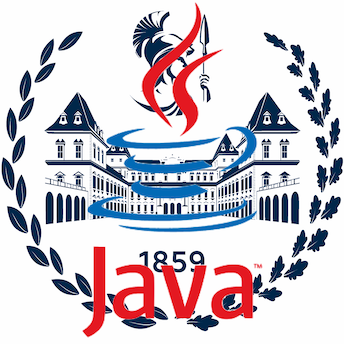You need to sign in or sign up before continuing.
OOP @ PoliTo GitLab server
Welcome to the Object Oriented Programming GitLab Server.
Access to this server is limited to students enrolled to the Object-Oriented Programming (also Programmazione a Oggetti) courses at Politecnico di Torino.
You should receive an email to confirm the registration of your account during the first week of the semester.
You can access your account using your official email s000000@studenti.polito.it or just s000000 and the password you chose at registration.
In case you do not remember your password you can retrieve it via email using the Forgot your password? link. Please check also the spam folder.
If your account is not available you can ask your professor to create it.
